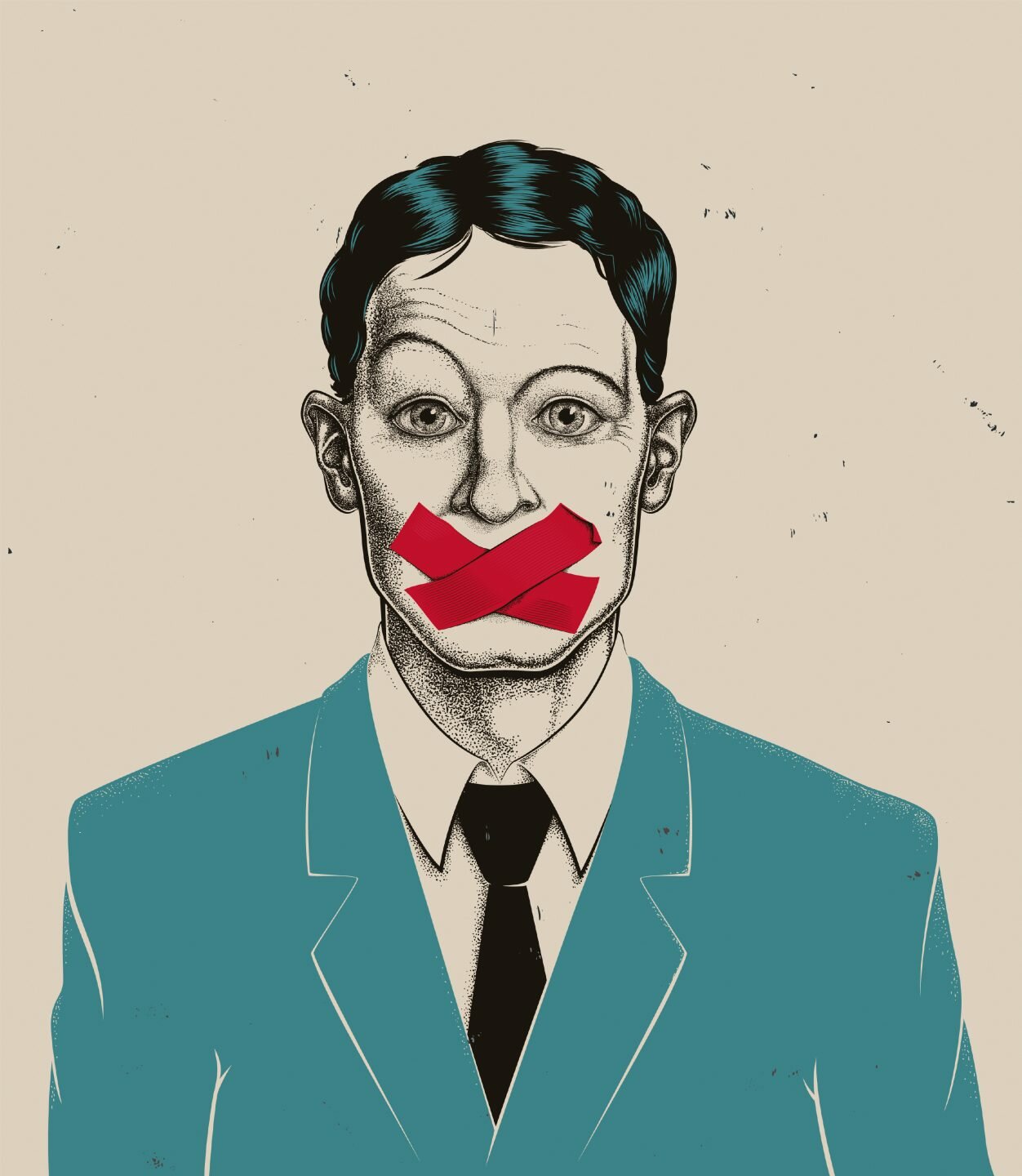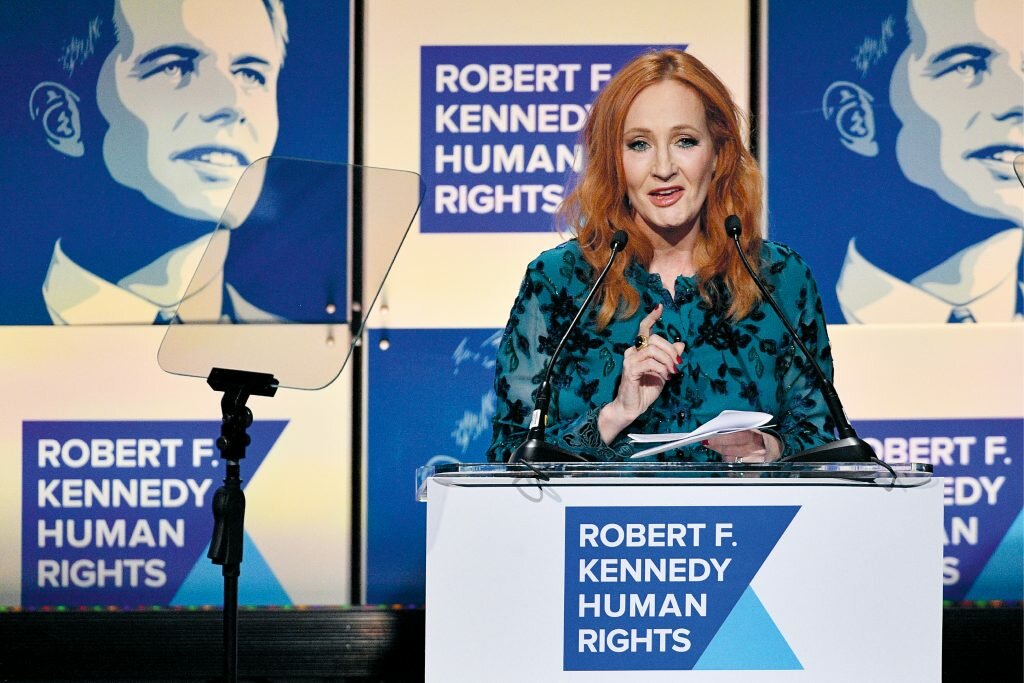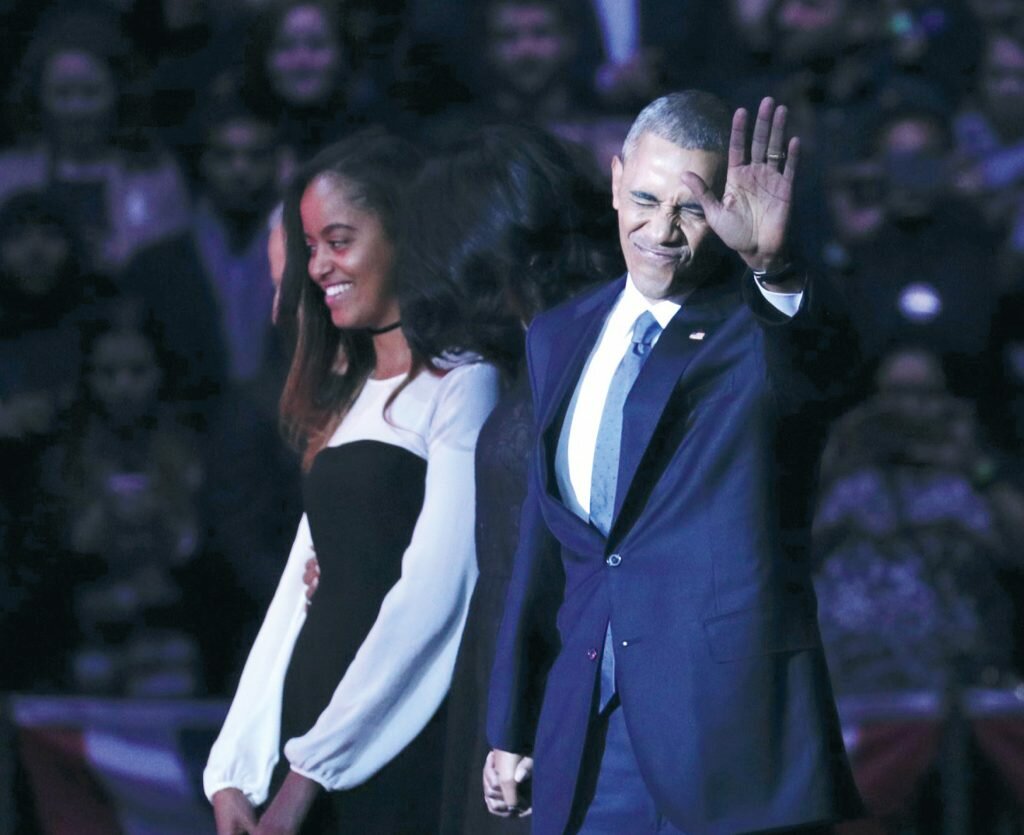Times change quickly. A year ago we had never heard of Covid-19 and JK Rowling was a millennial idol, adored by twentysomethings who had found her Harry Potter novels seminal to their childhoods, queueing outside bookshops at midnight for the latest instalment.
Yet all that affection vanished like the object of a Hogwarts-taught transfiguration spell when Rowling, 54, published a blog post last month arguing that gender was determined by biology. It came after a tweet in which she took issue with an article referring to “people who menstruate”. “I’m sure there used to be a word for those people,” she tweeted sardonically. “Someone help me out. Wumben? Wimpund? Woomud?”
What may have sounded like common sense to Rowling’s generation was horrifying to her fanbase. Conceived — like Rowling’s novels — in the early 1990s, many of them see transgender rights as the burning human rights issue of our era. Anyone who posits the notion that gender is bestowed at birth, rather than something we can choose, is a de facto bigot.
So Rowling became the latest victim of “cancel culture”, the phenomenon by which public figures deemed in any way to have offended see their output boycotted — much in the way Rowling’s 1980s student peers shunned Barclays Bank to attack apartheid — in the hope of abruptly ending their career and/or cultural influence.
Lisa Nakamura, professor of media and cinema studies at the University of Michigan, describes cancellation as a “cultural boycott”.
“It’s an agreement not to amplify, signal boost, give money to. People talk about the attention economy; when you deprive someone of your attention, you’re depriving them of a livelihood.
In that spirit, one former Rowling fan, Aja Romano, described on the website Vox how she had hidden her Harry Potter collection. “I resolved to compartmentalise my Harry Potter fandom identity as something over and done with, instead of thinking of it as a cornerstone of my identity,” she wrote. Four writers left the literary agency they shared with Rowling after it refused to publish a statement supporting transgender rights.
Others went further, intent on having Rowling wiped entirely from the annals, becoming what the Stalinists used to call an “unperson”. Two fan sites, the Leaky Cauldron and MuggleNet, proclaimed they were removing Rowling’s photograph from their websites and would no longer link to her site or write about her endeavours.
Harry Potter franchise stars Daniel Radcliffe, Emma Watson and Rupert Grint denounced the woman to whom they owed their multi-million- pound careers.
“To all the people who now feel that their experience of the [Potter] books has been tarnished or diminished, I am deeply sorry for the pain these comments have caused you,” Radcliffe, 30, wrote.
Watson, meanwhile, tweeted: “Trans people are who they say they are and deserve to live their lives without being constantly questioned or told they aren’t who they say they are.”
Whatever Rowling may privately feel about these condemnations, she has not retreated publicly. Early last month, she was revealed — together with authors such as Salman Rushdie, Martin Amis, Steven Pinker and Margaret Atwood (already a cancel target for her recent article saying that men accused of sex offences should be tried in court rather than online) — as one of 152 signatories to an open letter to US magazine Harper’s attacking the “restriction of debate”, the “vogue for public shaming and ostracism” and a current “blinding moral certainty”.
Written in response to recent “cancellations”, such as the firing of James Bennet, The New York Times’ editorial page editor, for publishing an opinion piece by Republican senator Tom Cotton calling for military force against Black Lives Matter protesters in the US, the signatories said they applauded the recent “needed reckoning” on racial justice, but argued it has fuelled the stifling of open debate.
“The free exchange of information and ideas, the lifeblood of a liberal society, is daily becoming more constricted,” said the letter, which was also signed by Noam Chomsky, Gloria Steinem, Russian chess grandmaster Garry Kasparov and Malcolm Gladwell.
The phrase “cancel culture” apparently originated from a 2014 episode of VH1’s reality show Love & Hip Hop: New York where a participant told his love interest during a fight: “You’re cancelled.”
From then, the term started appearing on Twitter as either a joke or in response to actions the tweeter disapproved of. With social media companies like YouTube often slow to censure “offensive” content, Nakamura says cancellation created “a culture of accountability which is not centralised and is haphazard, but needed to come into being”.
Cancellation had visible results. The actress Roseanne Barr saw her new Roseanne series cancelled by ABC network after a racist tweet. The singer R Kelly’s career was damaged hugely after he was cancelled following allegations of sexual misconduct, as (albeit temporarily) was the comedian Louis CK’s.
Woody Allen was cancelled over allegations, always denied and for which he has never been charged, of abusing his adopted daughter, with Timothée Chalamet, the millennial heartthrob star of Allen’s latest film, A Rainy Day in New York, disavowing the director and announcing he was donating his salary from the film to charity (Chalamet is being cancelled after a clip emerged of him reading aloud a script that, unknown to him, contained a homophobic slur).
The singer Taylor Swift was cancelled after saying she hadn’t approved lyrics about her by the rapper Kanye West claiming that he “made that bitch famous” — only for his wife Kim Kardashian to release a video that appeared to show the opposite (subsequent footage has suggested this was misleading).
“I don’t think there are that many people who can actually understand what it’s like to have millions of people hate you very loudly,” Swift said.
Yet, more and more cancellations have been applied not only to those (allegedly) guilty either of crimes or mistakes, but to anyone who might defy or question social media’s prevailing “woke” orthodoxy. Killing Eve actress Jodie Comer was cancelled for an alleged relationship with an alleged Donald Trump supporter.
Two years ago, actress Scarlett Johansson was cancelled for defending herself against critics whose complaints about her — rather than a transgender actor — being cast as a transgender man had led to her dropping out of the film.
“As an actor, I should be allowed to play any person, any tree or any animal because that is my job,” she said, adding political correctness became “uncomfortable when it affects the art because I feel art should be free of restrictions”. Her comments infuriated the Twitter mob, who declared her “transphobic”.
This year, actor Laurence Fox was cancelled for claiming the Duchess of Sussex had not been a victim of racism on BBC’s Question Time.
“I have come to the conclusion that I may never get an acting job again without expressing ‘correct’ opinions,” he wrote.
US President Donald Trump is now campaigning against cancel culture, describing it as “far-left fascism”, but it has also been questioned by his predecessor, Barack Obama, who last year referred to conversations he’d had with his 22-year-old daughter Malia, a Harvard student.
“Among certain young people, and this is accelerated by social media, there is this sense sometimes of, ‘The way of me making change is to be as judgmental as possible about other people and that’s enough’,” he said. “The world is messy. There are ambiguities. People who do really good stuff have flaws.”
“Young people” were quick to correct the 58-year-old’s “boomer” views. “I’m a black, Muslim woman, and because of social media, marginalised people like myself can express ourselves in a way that was not possible before,” the essayist Sarah Hagi wrote in Time magazine. “That means racist, sexist and bigoted behaviour or remarks don’t fly like they used to.”
The Obamas’ home is far from the only one where the generations view each other with growing mutual incomprehension. BBC Radio 4’s Today presenter Nick Robinson said there was a gulf between his generation and his Gen-Z children, who think “free speech has brought along many of the things they dislike in the world. They don’t see it as having a high value”.
“My stepdaughter is 25 and went from worshipping Rowling to thinking she’s the devil, simply on the basis of headlines,” says Alice, a 58-year-old administrator from south London. “I’ve read Rowling’s blog, it’s very thoughtful and acknowledges complexities, but my stepdaughter refuses to read it because she won’t listen to the words of [someone she considers] a transphobe.”
Faced with such intransigence, most cancellation targets have decided the only way to handle a backlash is as rapid a retreat as possible. Millennials tend to favour contrite YouTube apology videos that would have delighted China’s Chairman Mao.
Last month, one of YouTube’s biggest stars, Jenna Marbles, uploaded footage of herself, not in the whacky outfits she normally favours, but in a downbeat sweatshirt, shakily telling her 20 million subscribers she was (temporarily) leaving YouTube after receiving abuse for having previously dressed as the black pop star Nicki Minaj and making fun of Asian people in videos.
Another star, Shane Dawson, 31, recanted sombrely to his 22 million followers for “all the racism” he had put online, after YouTube suspended monetisation of his channels in response to criticism for previously wearing “blackface” in some prank videos. Meanwhile, the liberal US comedian Jimmy Kimmel wore a black suit in his video to atone for sketches 20 years ago when he’d blacked up to impersonate Snoop Dogg, among others.
Others resort to Twitter: within hours of the Harper’s letter being published, one signatory US author and trans activist, Jennifer Finney Boylan, was tweeting regrets for her involvement, implying she hadn’t known Rowling would be a co-signatory.
In contrast, Rowling remains buoyed, perhaps by her fortune (she was estimated to be worth more than £1 billion or $1.76 billion before she donated swathes to charity). On Sunday, when she was attacked for “liking” a tweet sceptical of hormone prescriptions for transgender children, she responded angrily: “I’ve ignored death and rape threats. I’m not going to ignore this.”




